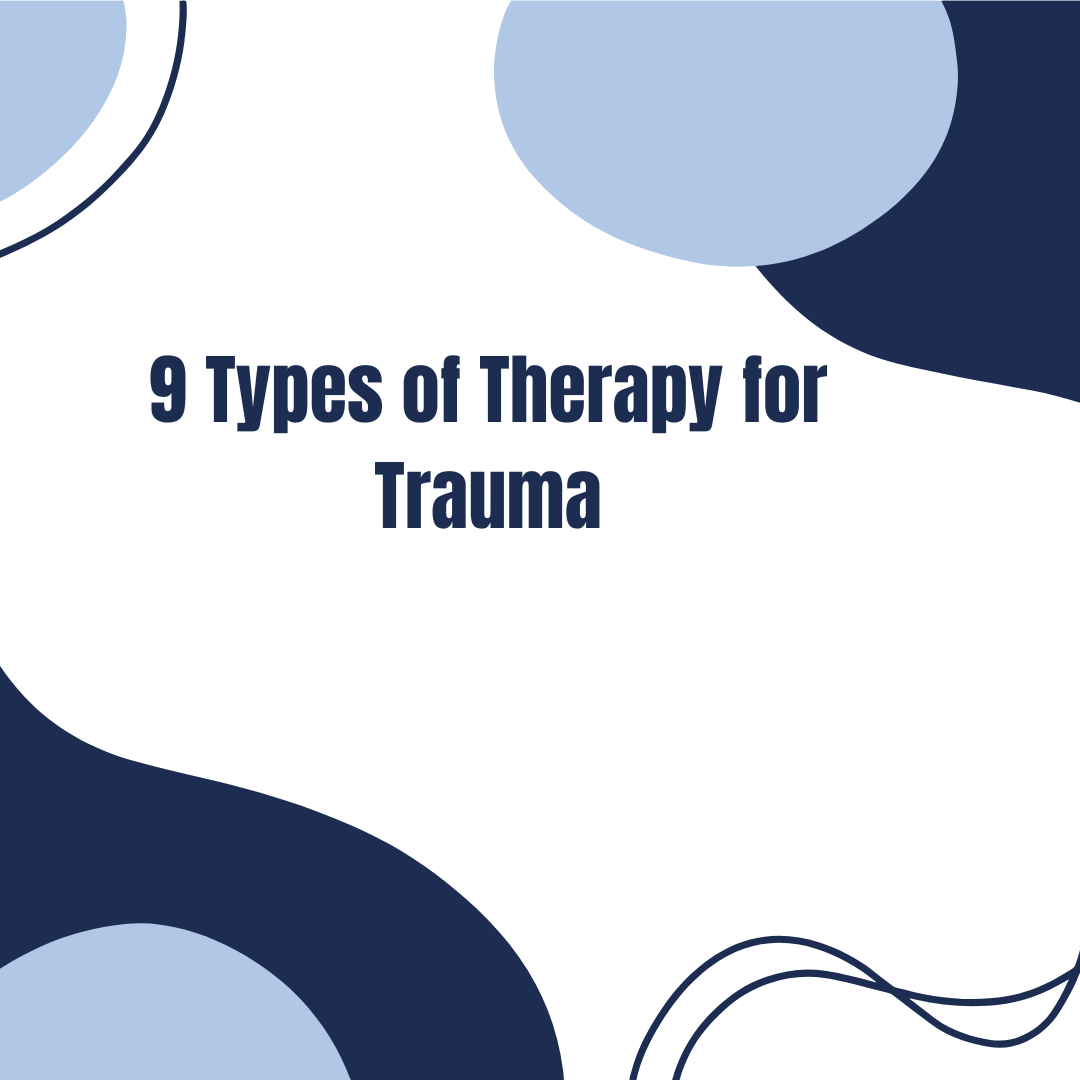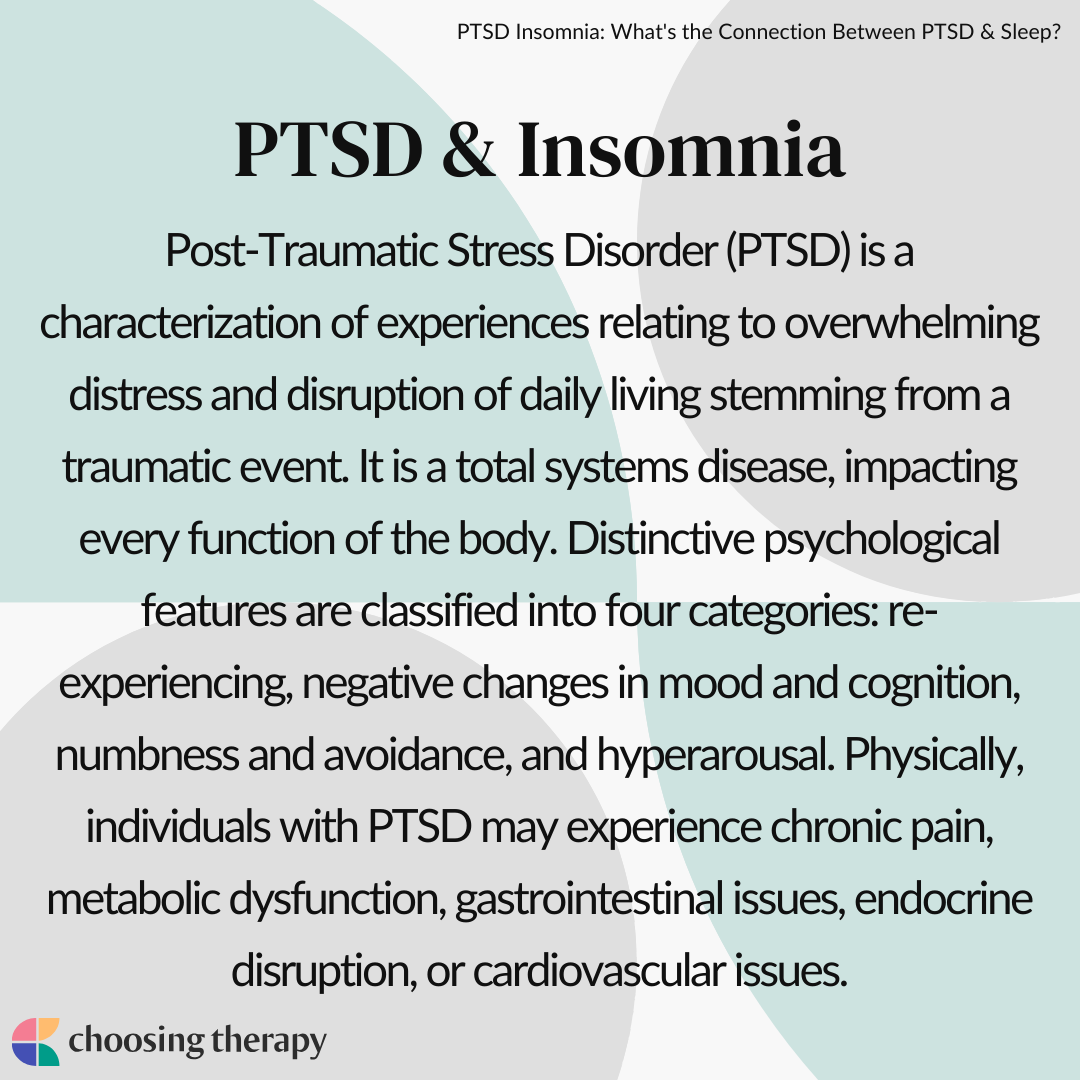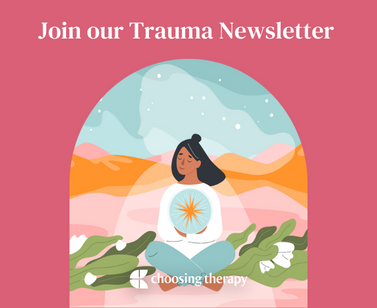Insomnia and sleep disturbances have long been considered a hallmark symptom of Post-Traumatic Stress Disorder (PTSD). This is largely due to the chronic stress and overwhelm of the nervous system, making it difficult or nearly impossible to enter and maintain a restful REM state for a sufficient amount of time. Fortunately, this area has been the subject of a growing body of research, and treatment methods are becoming more effective and targeted to the unique needs of individuals who struggle with sleep disturbances due to their PTSD.
Online Therapy For PTSD Therapy can help you live a better life. BetterHelp provides convenient and affordable online therapy, starting at $65 per week. Take a Free Online Assessment and get matched with the right therapist for you!
PTSD & Insomnia
Post-Traumatic Stress Disorder (PTSD) is a characterization of experiences relating to overwhelming distress and disruption of daily living stemming from a traumatic event. It is a total systems disease, impacting every function of the body. Distinctive psychological features are classified into four categories: re-experiencing, negative changes in mood and cognition, numbness and avoidance, and hyperarousal. Physically, individuals with PTSD may experience chronic pain, metabolic dysfunction, gastrointestinal issues, endocrine disruption, or cardiovascular issues.
Individuals with PTSD almost always experience some level of sleep disruption or insomnia. The heightened arousal and reactivity, coupled with intrusive thoughts and flashbacks as well as dysfunction in hormonal systems, all lead to difficulty falling and staying asleep and the experiences of nightmares or night terrors.
PTSD Sleep Problems
Within PTSD-related insomnia comes a variety of sleep issues, from nightmares and night terrors to chronic restlessness, inability to quiet the mind, pain and physical discomfort, and hyperarousal. The immense impact of lack of sleep and low sleep quality on one’s daily life and functioning exacerbates the already overwhelming distress this disease inflicts.
Nightmares & Night Terrors
With chronic hyperarousal and intrusive thoughts, PTSD can increase the prevalence and frequency of nightmares and night terrors, which significantly impact sleep and overall well-being. The re-experiencing of the traumatic event through repetitive dreams is quite a common and significant experience in individuals with PTSD. While nightmares cause a sudden wake-up and can usually be recalled in detail, night terrors are experienced entirely while sleeping, are often difficult to recall, and prompt physical reactions through the night terror, such as kicking, speaking, or sudden movements. Both, in cases of PTSD, are re-experiences of the traumatic event and lead many to dread or avoid going to sleep for fear of experiencing it again.
Hyperarousal & Sleep Disturbance
When the body is consistently assessing for threats and perceiving everyday occurrences as threats, the body maintains a state of hyperarousal in order to attempt to maintain safety. PTSD hyperarousal is not conducive to the rest state needed for quality sleep, which makes both falling and staying asleep difficult. Increases in cortisol, commonly known as the stress hormone, prevent the production of melatonin, commonly known as the sleepy hormone, which prevents the body from entering a sleep state. For many, a hyperarousal state coexists with experiencing anxiety and racing thoughts. This is because the mind attempts to create a narrative to justify the hyperarousal state when it is not exposed to any immediate threats.
The Connection Between PTSD & Insomnia
While the traditional view in mental health care is that insomnia or low sleep quality is a symptom of PTSD, what emerging research is finding is that it is a significant causal factor in the development of PTSD. In fact, it was found that individuals who suffered from insomnia prior to their traumatic exposure were significantly more likely to develop PTSD, as consistent quality sleep is a prime protective factor against the development of mental health concerns.1
The bidirectional relationship between PTSD and insomnia makes both conditions difficult to manage, and requires a multi-faceted approach. With each condition exacerbating the distress caused by the other, targeting both simultaneously through mental and physical interventions is important in managing their impacts.
Coping Strategies & Lifestyle Adjustments
There is no denying the importance of sleep to our mental health, and the immense impact improving sleep quality has on our overall well-being. Many large-scale studies have proven the effectiveness of sleep improvement in the alleviation of mental health symptoms.2 Fortunately, unlike other health impairments, there are many no-cost, easy-to-implement strategies to implement that can impact sleep quality. From consistency in improving sleep hygiene, supporting the body’s ability to relax, and ensuring the body has the proper nourishment through supplements to obtain optimal functioning for quality sleep.
Help For Trauma / PTSD Talk Therapy – Get help recovering from trauma from a licensed therapist. Betterhelp offers online therapy starting at $60 per week. Free Assessment Online PTSD treatment – Talkiatry offers personalized care from psychiatrists who listen and take insurance. Get matched with a specialist in just 15 minutes. Take our assessment
Improve Sleep Hygiene Practices
Improving sleep hygiene is one of the most impactful ways to improve both physical and mental health. Practices such as wearing blue light glasses in the evening, turning off screens an hour before bed, having a consistent before-sleep routine, limiting caffeine 6 hours before bedtime, drinking tart cherry juice, chamomile tea, valerian root tea, or other soothing beverage with sleep-enhancing properties, and doing a relaxation or mindfulness practice can increase the likelihood of a longer stretch of quality sleep. Many also find success with eliminating naps to enhance sleep consolidation.
Relaxation Techniques & Mindfulness
When considering implementing relaxation techniques and mindfulness in your PTSD and insomnia care plan, consistent and daily practice of whatever habit(s) or technique(s) you are trying to incorporate can help aid in its effectiveness. With all coping strategies, the key is to practice them consistently and when you are already in a relaxed state so that when you feel escalated or need to use them to relax, they are already familiar to the mind and body and can work more efficiently.
Some relaxation techniques that can help someone with PTSD and insomnia include:
- Journaling: A powerful tool to help stored emotions and trauma move through and out of the body, journaling about trauma is a free, accessible and effective way to clear the mind, sort through sources of hyperarousal and become grounded in the present moment.
- Meditation: Many find that meditation for PTSD can help combat the numbness and/or hyperarousal by training the mind to be grounded in the present moment and create safety within the body. It also can enhance one’s ability to connect with their physical sensations and expand their body awareness.
- Yoga: To manage physical discomfort that contributes to sleep issues, as well as individuals who struggle with the stillness associated with meditation, trauma-informed yoga can help to practice grounding in the present moment and being aware of the body and mind in a way that allows for a gradual approach. Yoga Nidra or NSDR is also a popular modality in supporting sleep and stress relief.
- Progressive Muscle Relaxation: A practice of alternating tightening and releasing isolated muscle groups, beginning at one end of the body and working your way to the other, progressive muscle relaxation allows for a somatic release of stored tension. This not only can provide relief to physical pains, but also can ease hyperarousal and tension in order to help relax the body and prepare for a state of rest.
- Warm Bath: Soaking in warm water, especially with Epsom salt and/or lavender essential oils, allows the body to have a relaxing sensory experience and supports the ability to calm from a hypervigilant state. It also can relieve muscle cramps or other discomforts to assist in feeling relaxed before bed.
- Weighted Blanket: Light pressure can have a calming effect by providing input to regulate the nervous system and calm the body. Using a weighted blanket for 45 minutes to an hour before sleep can help the body feel more relaxed and able to get into a rest state.
Dietary Treatments
Focusing on most of your diet coming from whole-food sources and aiming for a variety of colors are two important ways to support your healing. PTSD wreaks havoc on all of the body’s systems and causes a great deal of inflammation. A nutrient-dense, whole-food diet most of the time, can have massive effects on healing sleep disturbances and dysregulation.
Supplements
Supplements can provide effective support to the body in remedying any underlying deficits that are hindering quality sleep. With all supplement use, it is important to do your research and consult your medical provider prior to use. Though supplements have little to no harmful side effects, misuse can lead to harmful outcomes.
Some widely-used supplements to support sleep for individuals with PTSD include:
- GABA: An amino acid and a neurotransmitter that can help calm your brain and body by changing brain activity. It is commonly used to support sleep, stress and blood pressure.
- L-Theanine: An amino acid found primarily in green and black tea and some mushrooms, this supplement supports anxiety and stress relief, focus, immunity, and blood pressure management.
- Magnesium: It is preferred to take a supplement that combines magnesium with glycinate or threonate to improve absorption. Magnesium is widely used to relieve anxiety, promote bone health, manage blood sugar, maintain regular heart rhythms and reduce pain. Magnesium is best absorbed topically through gels, lotions, or bath salts.
- Melatonin: Not intended for daily use, melatonin is a naturally occurring hormone produced when the body is intending to enter a rest state. Supplementing with additional melatonin may support the body in falling asleep quicker.
Treatment for PTSD-Related Insomnia
It is important to remember that there are options to treat your PTSD-related insomnia, and no single treatment is a cure-all magic wand approach. You likely will need a variety of interventions to get the results you are looking for, but if you are turned off to treatment because you are concerned about talk therapy or are anti-medication, note that there are other ways to give yourself relief that can be affirming and tailored to your preferences.
Online Therapy For PTSD Therapy can help you live a better life. BetterHelp provides convenient and affordable online therapy, starting at $65 per week. Take a Free Online Assessment and get matched with the right therapist for you!
Medication Options
There are a range of psychopharmaceutical interventions to support PTSD and insomnia, from sleep aids and antidepressants to adrenergic inhibiting agents. As with all medication options, the effectiveness significantly increases when coupled with therapeutic and/or lifestyle modifications, as a medication is an adjunct and not a stand-alone intervention. Studies support the effectiveness of prazosin, eszopiclone, risperidone, and olanzapine in treating PTSD and related insomnia.3
Psychotherapeutic Approaches
Treating PTSD symptoms and healing trauma through conscious and unconscious processing can support an increase in functioning and well-being in one’s daily life and also regulate the nervous system to decrease hyperarousal, therefore allowing the body to enter a more restorative rest state for longer periods of time.
Common treatment approaches for PTSD-related insomnia include:
- Cognitive-behavioral therapy for insomnia (CBT-I): CBT-I is one of the most widely researched and proven effective psychotherapeutic treatments for PTSD-related insomnia. It is short-term and involves five main components: sleep consolidation, cognitive therapy, stimulus control, education on sleep hygiene, and relaxation techniques. Based on a large-scale study analysis, this is the most recommended intervention due to its proven efficacy.4
- Psychoeducation: Studies show that capacity-building around sleep-related intrusive thoughts, their origins, and how they affect the body can decrease their ability to impact falling asleep.5
- Trauma therapy: This involves the conscious processing and healing of the residual impacts and stored memories of the traumatic event(s) that caused the PTSD and insomnia diagnosis.
- EMDR: Eye movement desensitization and reprocessing therapy involves moving your eyes a specific way while you process traumatic memories to desensitize the mind and body to the impacts of the memories.
- Prolonged Exposure: The gold-standard treatment for PTSD, it includes psychoeducation about PTSD and common reactions to trauma, breathing retraining, and two types of exposure: in vivo exposure and imaginal exposure. In vivo exposure assists patients in approaching situations, places and people they have been avoiding because of a fear response due to the traumatic event repeatedly until distress decreases. Imaginal exposure consists of patients approaching memories, thoughts, and emotions surrounding the traumatic event they have been avoiding.1
Alternative Therapies: Acupuncture, Neurofeedback, Hypnotism & Psychedelics
While there is not enough conclusive evidence to state the proven effectiveness of these modalities, their impact is not to be discounted. Many individuals with sleep-disturbance-related struggles in relation to their PTSD find significant relief in acupuncture or other somatic modalities by targeting the way trauma is stored in their body and releasing it in a way that doesn’t require conscious processing of the trauma or its impact. Others find relief in newer treatments involving psychedelics and ketamine-assisted therapies.
When to Seek Support For Managing PTSD & Insomnia
If you feel like your PTSD is impacting your daily functioning, and your insomnia feels unmanageable by diet and lifestyle changes, professional support can be an incredibly transformative tool to improve your symptoms and well-being. Now more than ever it is accessible to find support through your insurance, through an online therapist directory or online therapy platform, or online psychiatrist options.
In My Experience
To help our readers take the next step in their mental health journey, Choosing Therapy has partnered with leaders in mental health and wellness. Choosing Therapy is compensated for marketing by the companies included below. Online Therapy BetterHelp – Get support and guidance from a licensed therapist. BetterHelp has over 25,000 therapists who provide convenient and affordable online therapy. Take A Free Online Assessment and get matched with the right therapist for you. Free Assessment Online PTSD treatment Talkiatry offers personalized care from psychiatrists who listen and take insurance. Get matched with a specialist in just 15 minutes. Take our assessment. Treatment For Trauma & OCD Half of people diagnosed with OCD have experienced a traumatic life event. The chronic exposure to stressful situations, such as ongoing bullying, or an abusive relationship can lead to the development of OCD symptoms. NOCD therapists specialize in treating both trauma and OCD and are in-network with many insurance plans. Visit NOCD Trauma & Abuse Newsletter A free newsletter for those impacted by trauma or abuse. Get encouragement, helpful tips, and the latest information. Sign Up Choosing Therapy Directory You can search for therapists by specialty, experience, insurance, or price, and location. Find a therapist today.Additional Resources
How Does ERP Help With Intrusive Thoughts? Obsessive compulsive disorder (OCD) is a psychiatric condition marked by the presence of obsessive thoughts, images, doubts, or urges, followed by compulsive behaviors or acts aimed at easing the distress caused by the obsession. While the content of the obsessions can take many forms, they are always repetitive, persistent, involuntary, and intrusive, and they often result in a great deal of anxiety for the person experiencing them. 9 Types of Therapy for Trauma Experiencing trauma can result in distressing and debilitating symptoms, but remind yourself that there is hope for healing. If you or a loved one is suffering from the aftereffects of trauma, consider seeking therapy. Trauma therapy can help you reclaim your life and a positive sense of self. 








